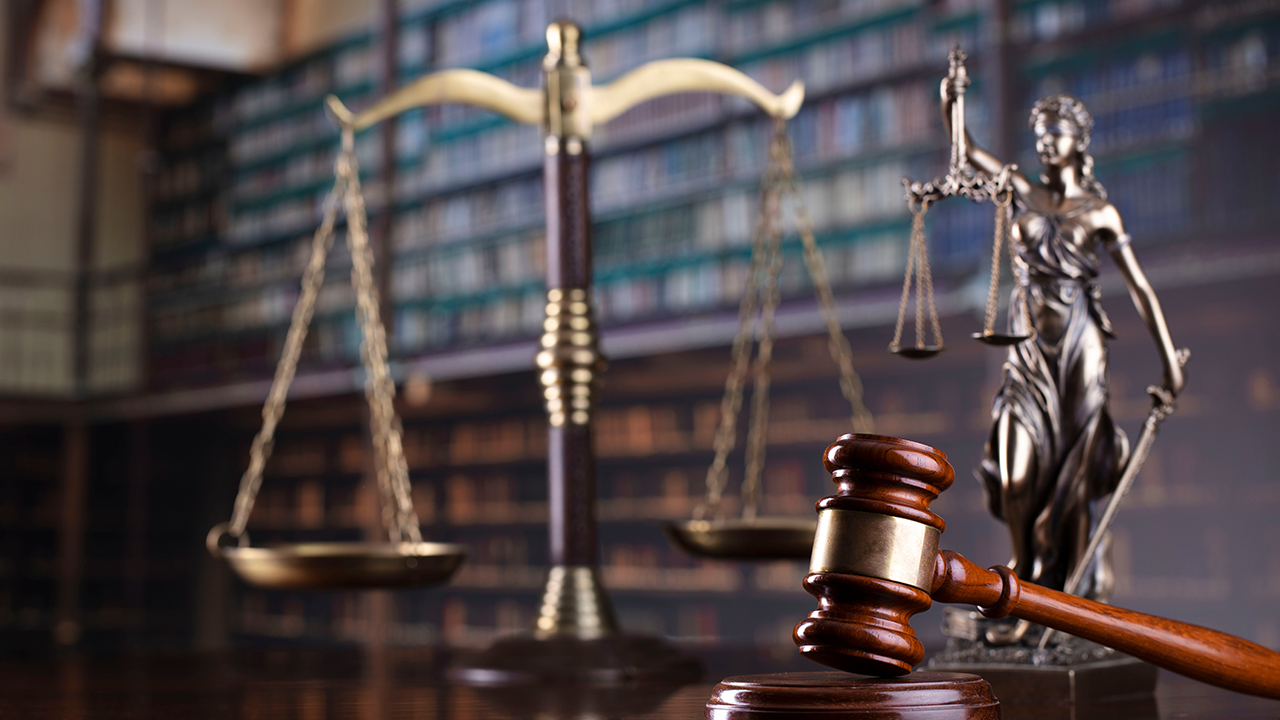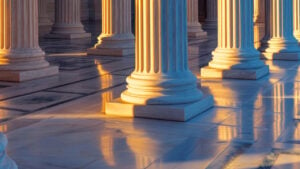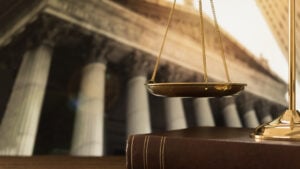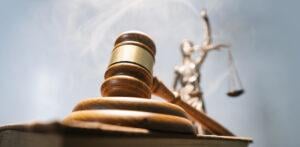
On Monday, February 5, 2024, following the Supreme Court’s (SCOTUS) December 13, 2023, announcement in Fischer v United States (U.S.), SCOTUS Dkt. No. 23-5572 granting the petition for a writ of certiorari filed by Mr. Joseph Fischer, the petitioner, America’s Future filed an Amicus brief. This is the second brief filed by America’s Future in this case. The first brief was filed on October 13, 2023, and can be accessed here. The SCOTUS public docket in this case is located here.
Upon granting Mr. Fischer’s petition, the SCOTUS announced it will resolve the following issue:
Did the D.C. Circuit err in construing 18 U.S.C. § 1512(c) (“Witness, Victim, or Informant Tampering”) which prohibits obstruction of congressional inquiries and investigations to include acts unrelated to investigations and evidence?
Regarding the statute above, and its application in this case, our brief explains,
In 2002, 18 U.S.C. § 1512(c) was enacted to plug a loophole that was discovered during the prosecution of Arthur Andersen for destroying evidence relating to its client Enron. Before § 1512(c) was added, corporate document shredding to hide evidence of financial wrongdoing was unlawful if one person directed another, but not if he acted alone. As amended, this section has been relied on by prosecutors to accomplish this clear purpose for two decades — and then came January 6, 2021.
Although the statute was enacted to deter corporate malfeasance, in this case, the petitioner was criminally charged based on conduct related to the January 6, 2021, Capitol protest. Notably, the DOJ has applied this same statute to other criminal cases arising out of January 6, including one against former President Donald Trump.
The Biden Administration continues to characterize the January 6 election protest at the Capitol, not just as a riot, but as an insurrection. However, no January 6 protestor has been charged with the federal crime of insurrection [18 U.S.C. § 2383]. The DOJ, instead, decided to reinterpret the Enron-document shredding law to use against the petitioner and others. Our brief explains why, stating,
With this new tool, it not only would avoid the need to demonstrate the elements of the crime of ‘insurrection,’ but also would have access to § 1512’s maximum sentence of 20 years — a far more useful tool to facilitate plea bargains than the 10-year sentence for insurrection.
The Biden Administration’s reinterpretation of § 1512 could have devastating effects on our Constitutional Republic and on all Americans as it lends itself to the destruction of many cherished freedoms and individual liberties. Our brief explains,
[T]he government’s re-interpretation of § 1512(c)(2) sweeps so broadly that it could be used to criminalize efforts by Americans to exercise their First Amendment rights to speak, assemble, and petition the government. The Justice Department’s investigation has already involved abusive surveillance of innocent Americans, having the chilling effect that could be expected. The January 6 prosecutions of even the elderly provide the backdrop for the Biden Administration’s recent creation of a new category of extremists identified as President Donald Trump and his MAGA followers.
Early in the day, on January 6, 2021, according to his petition, Mr. Fischer participated in the “Stop the Steal” rally in D.C. After the rally, he went home, but returned, later, to the Capitol building protest, asserting his First Amendment rights of free speech, assembly, and his right to petition the government for a redress of grievances. Like millions of American citizens, Mr. Fischer took issue with the outcome of the 2020 presidential election not to mention the chaotic and impetuous manner in which the election was conducted.
Historically, the rights to assemble and to petition the government for redress of grievances are not only found in our Declaration of Independence and enshrined in the text of our First Amendment but were set forth in American writings during the colonial era. For example, in October 1765, the importance of these rights are found in a section of the Journal of the first Congress of the American Colonies, in opposition to the tyrannical acts of the British Parliament known as the “Colonial Declaration of Rights,” as well as having been penned again by delegates to the First Continental Congress in October 1774, in a document titled, the Colonists’ “Declaration of Rights.”
The Biden Administration’s misuse of a §1512 to indict election protestors constitutes, as stated in our brief, “a clear effort to chill the speech, assembly, and petition rights of his political opponents, and should be brought to an end.”
We, at America’s Future, urge the SCOTUS to reverse the D.C. Court of Appeals decision forthwith. Our Constitutional Republic continues to be placed in jeopardy at the hands of corrupt depraved government officials. Enough is enough.
Editor’s Note: To read all of our Amicus briefs, please visit our Law & Policy page.







